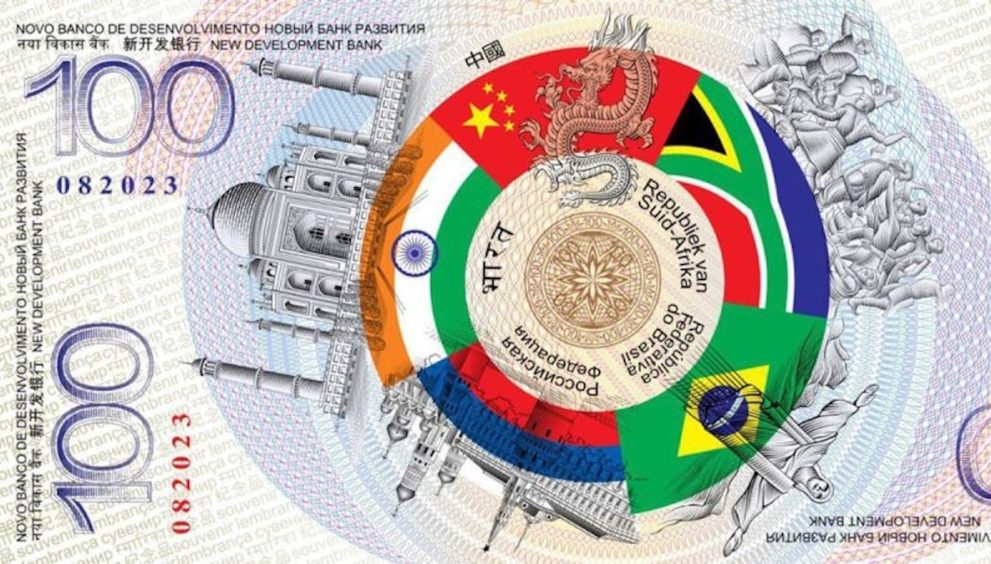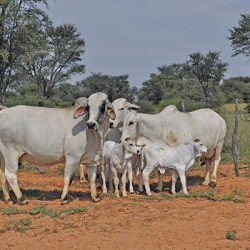In the lush fields of Brazil, where less than a third of the land is cultivated yet agriculture contributes 6.8% to GDP, a quiet revolution is underway. Precision farming, machine learning, and climate-smart practices are transforming the country into a global agricultural powerhouse. But as Brazil modernises its soil, Africa may be poised to reap the deeper rewards—thanks to a tectonic shift in how BRICS nations trade.
The BRICS bloc—Brazil, Russia, India, China, and South Africa—has launched a bold initiative to trade in local currencies, challenging the dominance of the US dollar and rewriting the rules of global commerce. For African nations, this could be the missing link between agricultural potential and economic sovereignty.
Africa’s farmers have long been at the mercy of foreign exchange volatility. Fertiliser, machinery, and even seeds are often priced in dollars or euros, making imports expensive and unpredictable. But BRICS’ push for local currency settlements—through platforms like BRICS Pay and the proposed Grain Exchange—could change that.
Imagine a Nigerian cooperative buying Brazilian soy in naira, or a South African agritech firm exporting drone systems to India in rand. The cost savings alone could be transformative. As Professor Peter Njiforti of Nigeria notes, this shift could “streamline transactions, reduce conversion costs, and expand market access for African producers”.
Brazil’s agricultural success is rooted in innovation. Neural networks now predict crop yields based on soil data, lime application, and plant height. Companies like AGCO are targeting a 20% boost in farm profitability through tech-driven efficiency. Africa, with its youthful population and growing digital infrastructure, is well-positioned to adopt similar models.
But the real opportunity lies in policy alignment. Brazil’s Plano Safra and its $340 billion rural credit allocation show what’s possible when governments back farmers with climate-conscious finance. Africa’s agricultural plans—if paired with BRICS-backed local currency financing—could unlock a new era of food security and export growth.
Brazil’s experience with currency devaluation offers a cautionary tale. During its 2015–16 recession, a weaker real boosted exports but increased foreign debt burdens. African nations must tread carefully. Local currency trade can insulate economies from global shocks—but only if debt structures and commodity pricing are managed wisely.
As BRICS expands its influence, Africa’s agricultural sector stands to gain more than just cheaper imports. It gains agency. The ability to trade on its terms, in its currencies, with partners who share its development goals. This is not just economic reform—it’s a quiet revolution in sovereignty.
Ultimately, Brazil may serve as the laboratory, but Africa could be the legacy. The seeds of change have been sown. Now it’s time to harvest a future where African agriculture isn’t just surviving but thriving on its terms.




